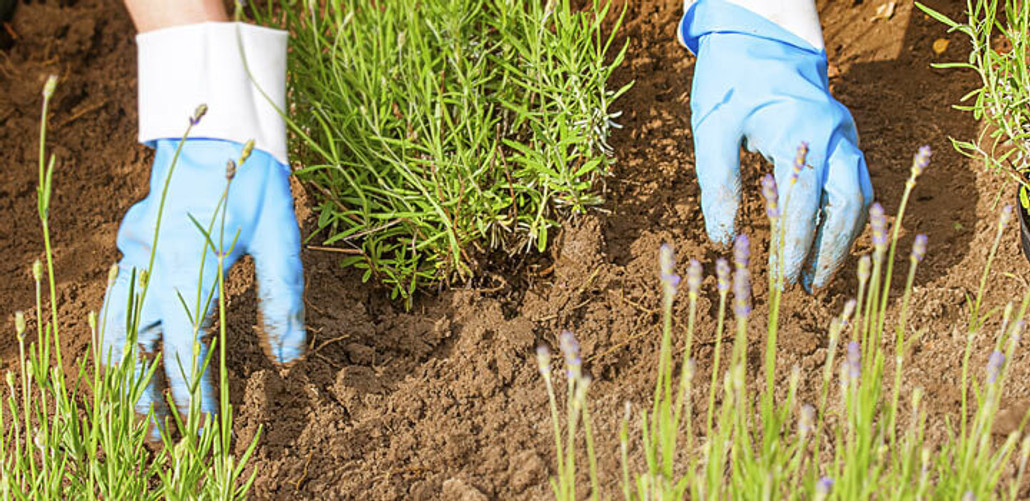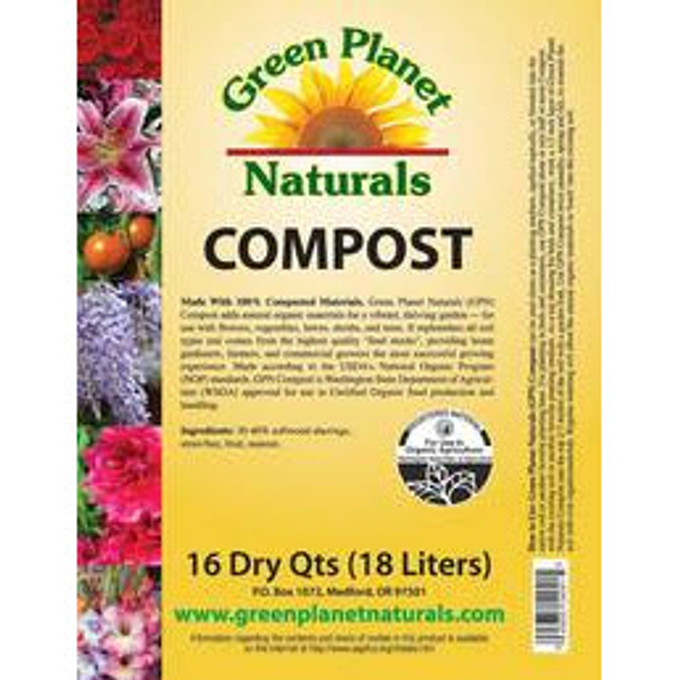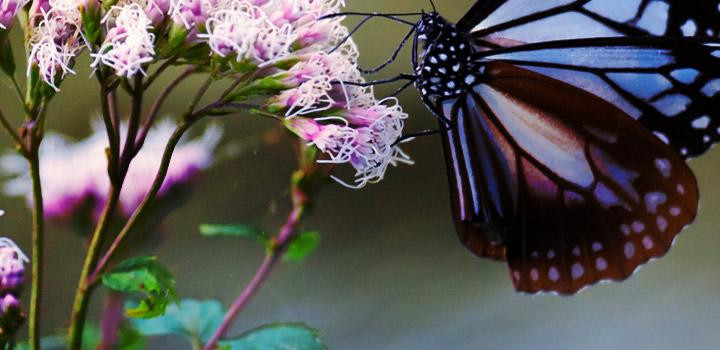Posted by Grange Co-op on 24th Feb 2016
You can successfully grow perennials in nearly every gardening situation, but the key is matching the right plant to the right place. Even the most difficult “problem” areas can become beautiful opportunities, with proper selection. Use these lists as a starting point to develop your own solutions for some of the most commonly-encountered difficult areas.Top 10 Perennials for Containers
FOR SUN
Creeping verbena (Verbena hybrids)
Hardy… Read more
Posted by Grange Co-op on 23rd Feb 2016
by Kathleen Rieman
[clear]
“So, tell me, what is it with
mulching?” a good gardening friend, a ‘sister in the soil,’ Shari, asked me recently, as we were planting a second crop of salad greens in the 85° that had given us an early May, Rogue Valley warm up.
“Every garden article I read, every nursery I shop at, and
you tell me it is the way to keep our gardens alive and healthy, use less time gardening, conserve water, and save o… Read more
Posted by Grange Co-op on 22nd Feb 2016
Since 2010 there has been an increasing amount of news and media attention given to a relatively new pest in crop production, home gardening and home maintenance – a true “bug” named the Brown Marmorated Stink Bug, (Halyomorpha halys, family Pentatomidae). This stinky bug, also known as BMSB, was introduced accidentally into the Mid-Atlantic States from Asia where it is a known agricultural pest, in the mid-90s. This bad guy bug has proven t… Read more
Posted by Grange Co-op on 21st Feb 2016
Butterflies capture the attention and inspire the imagination of both young and old. Inviting these natural beauties into your garden is as easy as choosing the right plants and providing a few other creature comforts that butterflies require to flourish in a single location.
First, learn which butterfly species are native to our region. There are abundant resources online to help you identify and choose which native species you’d like to… Read more




